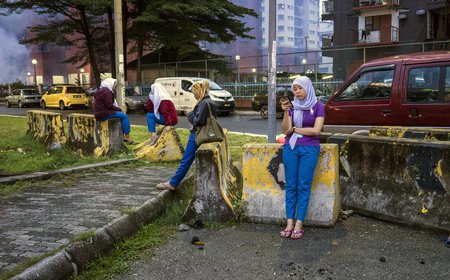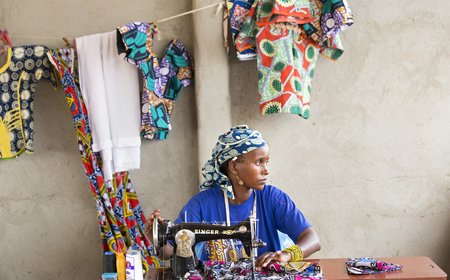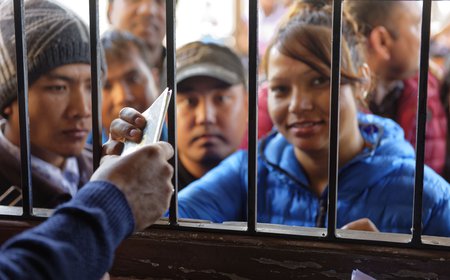Reflections on intersectionality: a journey through the worlds of migration research, policy and advocacy
This article was originally published via Gender, Place & Culture, A Journal of Feminist Geography. The original article can be found here.
Abstract
The term ‘intersectionality’ is usually attributed to Kimberlé Crenshaw, a legal scholar, who coined the term in 1989. In this paper, we reflect on how the concept has travelled through both space and time. We trace the longer history and more complex geography of intersectional approaches rooted in grassroots women’s movements in the Global South, where radical claims were made against the dominance of white, middle-class women’s analysis of the situation of women in the world. These, together with the Black women’s movement in the US, paved the way for the emergence and coining of the term intersectionality. We then reflect on how the concept travelled in three domains of migration-related knowledge: academic research, international policy and advocacy politics. We find that, while some academic research is true to the original politics of intersectionality, there is also some research that has strayed much further away from the original aims of intersectionality, to the extent that we would question whether it can be called intersectional at all. In international policy, we find that the original radicalism of the term has been watered down in the translation of the term into policy targets and measurements. Finally, in advocacy politics we find the greatest continuity with the original aims of the term.



